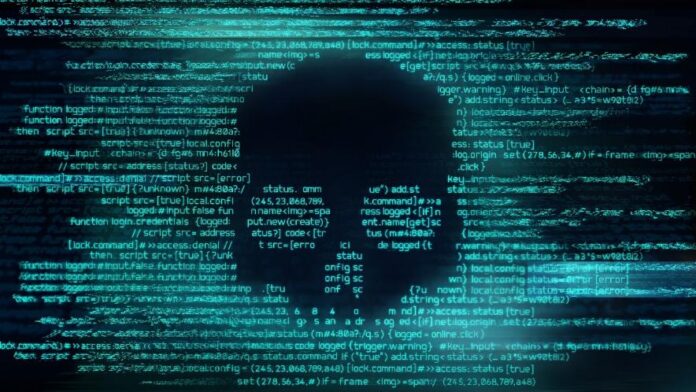Author: Ronen Bergman and Mark Mazzetti
Affiliation: New York Times Magazine (Tel Aviv Office) and Israeli Investigative Journalist and Author; Washington Investigative Correspondent for the New York Times
Organization/Publisher: The New York Times
Date/Place: January 31, 2022/USA
Type of Literature: Analysis
Word Count: 2693
Link: https://www.nytimes.com/2022/01/28/magazine/nso-group-israel-spyware.html
Keywords: FBI Headquarters, NSO Group of Herzliya, Israel’s Spy Software, and Pegasus.
Brief:
The FBI headquarters in New Jersey had dozens of servers unpacked by three Israeli computer professionals in June 2019. The FBI bought and tested Pegasus in secret. The researchers approached NSO Group of Herzliya, Tel Aviv. For over a decade, Israel’s spy software was marketed to law enforcement and intelligence agencies worldwide. It could decrypt encrypted iPhone and Android communications. NSO released Pegasus to the global market in 2011, which it claims helped catch drug-kingpin El Chapo in Mexico. Pegasus is also claimed to have helped European investigators identify and bust suspects in over 40 nations in a global child abuse network. NSO’s solutions appeared to address one of today’s most important issues: criminals had stronger encryption technology than investigators. The criminal world went dark as unlawful activity increased. But Pegasus was notorious for its misdeeds at the New Jersey site in 2019. The initiative targeted journalists and political opponents in Mexico. In 2018, the Saudi government murdered and dismembered Washington Post writer Jamal Khashoggi in Istanbul by using NSO’s Pegasus. NSO continues to welcome new customers worldwide, including the US. The CIA aided Djibouti’s government in acquiring Pegasus despite concerns about human rights, including the persecution of journalists and torture of government opponents. Compared to other malware and hack attempts, Pegasus malware does not require users to open a malicious attachment or link to hack their phones. They couldn’t see the Pegasus computers hacking the phone and reconnecting to the NJ equipment. Few conversations in America have been hotter since former NSA contractor Edward Snowden revealed the scale of domestic eavesdropping in 2013. A two-year debate ensued about whether using Phantom inside the US violated long-standing wiretapping regulations. The FBI accused NSO of prolonging the Pegasus contract while the lawyers argued. They kept in touch with federal law enforcement officials about new technology that could impact the legal repercussions of an attack. Until last summer, the FBI and DOJ disagreed on using NSO weapons. The US appeared to have turned around on NSO in November after it was determined that many US politicians, heads of state, human rights lawyers, and international aid workers were being targeted by Pegasus. These individuals were not the criminals and terrorists that NSO claimed to target. A blacklist was then made as a justification of US national security and foreign policy interests to prevent US companies from selling to governments or other groups developing WMD—and NSO was put on the list. Accordingly, NSO couldn’t get supplies or contracts from US corporations. It was a public lashing of Israel’s crown jewel defense firm. After years of privately testing NSO goods and exporting them to countries like Djibouti, the Israelis are furious by the American blacklisting. However, Israel had its own concerns. Israel controls NSO’s spyware through its export license process, through which Israel has been able to use NSO and similar firms to promote its interests globally, including surveilling world leaders and its critics.
By: Maryam Khan, CIGA Research Associate




